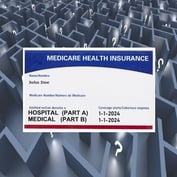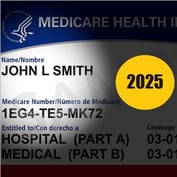Maryland lawmakers voted Thursday to overturn Gov. Robert Ehrlich’s veto of legislation requiring large employers to pay a minimum of 8% toward their employees’ health care costs.
The state Senate voted 30 to 17 in favor of the state’s “Fair Share” health care bill, providing 1 more vote than the 29 needed to overturn the veto. The House, which requires a three-fifths majority, voted 88 to 50 to overturn the veto.
Under the legislation, companies with more than 10,000 employees would be required to spend a minimum of 8% of their payroll on employee health care, either through the private market or by paying into a state fund to offset taxpayer expense. The legislation is known as the “Wal-Mart Bill” because the retailer is the only company that would be affected. The state’s 3 other major employers, Johns Hopkins, Giant foods and Northrop Grumman, all spend above the required percentage.
The override vote in Maryland is an early battle in a debate that is expected to take place in statehouses across the country: “fair share” health bill supporters say more than 30 states will consider similar bills this year.
“Working families in Maryland have been paying more than their fair share for quite some time,” Kim Nelson, director of Maryland for Healthcare, said after the Senate vote. “It’s about time that large corporations accept responsibility to pay their fair share and do the right thing,”
Maryland for Healthcare is the state’s campaign of Americans for Healthcare, a group established by the Service Employees International Union, Washington.








 January 13, 2006 at 04:34 AM
January 13, 2006 at 04:34 AM










